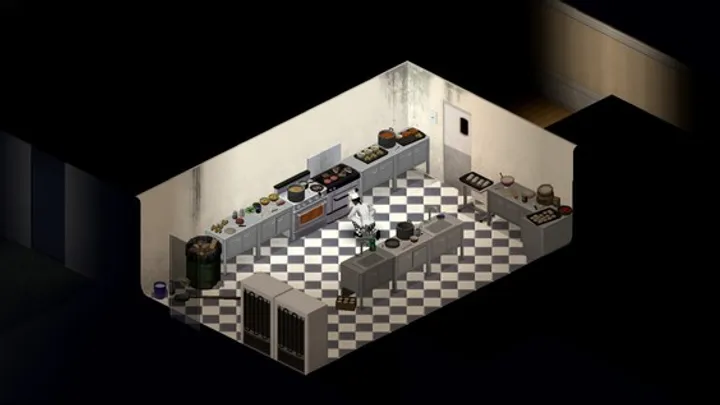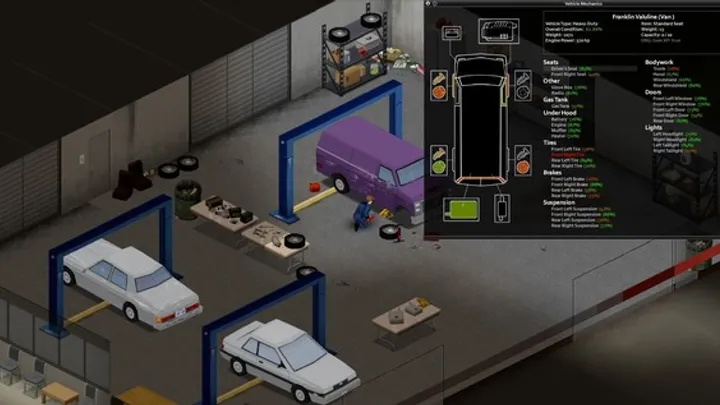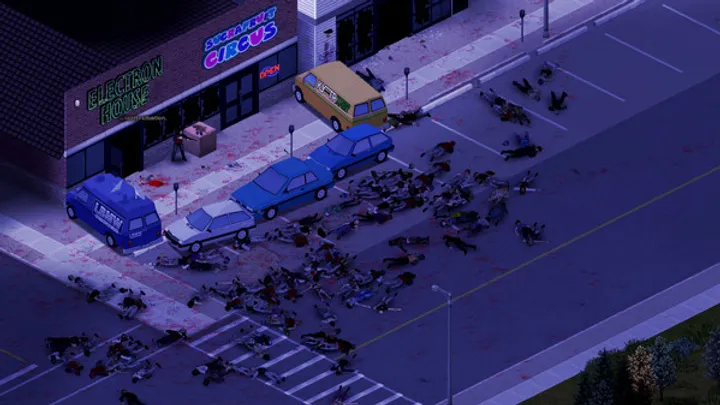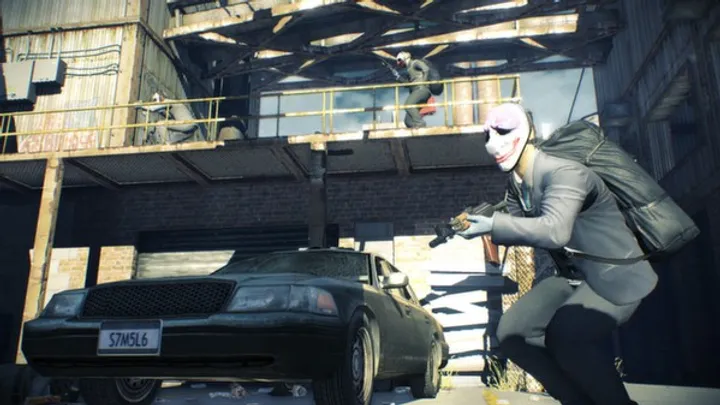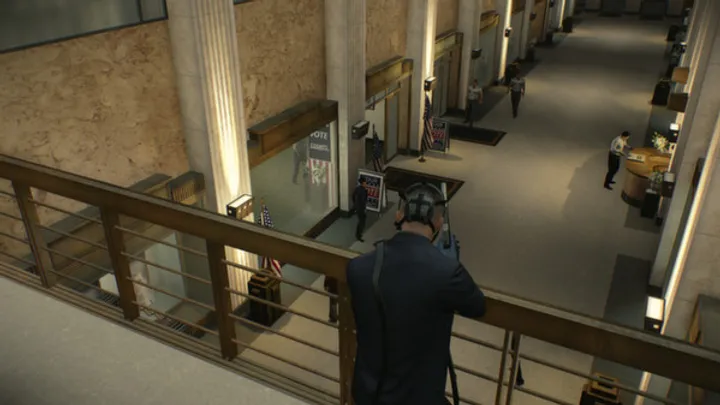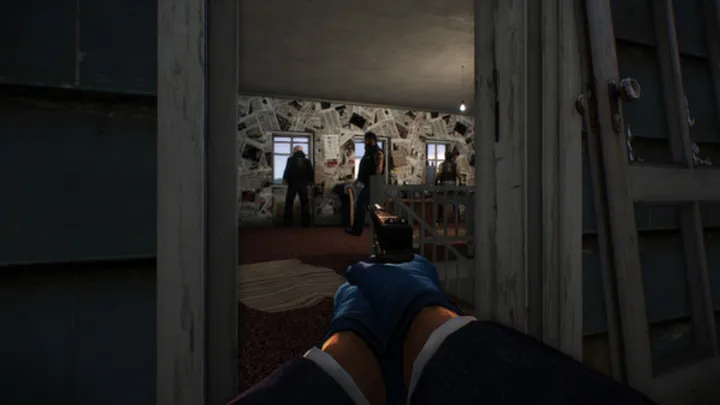Puzzle games have long thrived on a balance between logic, skill, and luck. Block Blast, a mobile puzzle phenomenon, exemplifies this formula with its simple yet addicting mechanic: players fit randomly generated block pieces into a grid to clear rows and columns. Its sleek design and endless replayability have made it a go-to time killer for millions.
Yet beneath the surface lies a core issue that defines both the game’s charm and its frustrations — randomness. Unlike classic puzzles that rely on fixed solutions, Block Blast challenges players with unpredictable block drops. While this design fuels excitement, it also raises questions about fairness, strategy, and long-term engagement.
This article explores the randomness dilemma in Block Blast, analyzing how unpredictability shapes gameplay, divides players, and determines whether the game feels rewarding or relentlessly unfair.
1. The First Encounter: Randomness as a Thrill
When players first open Block Blast, randomness feels like magic. Every new set of blocks creates fresh possibilities, ensuring no two games are alike.
H3: Why randomness excites beginners
- Novelty: Each move feels unique.
- Accessibility: No need for memorization or complex rules.
- Replayability: Players can play endlessly without repetition.
At this stage, randomness enhances engagement. Instead of being intimidating, unpredictability feels refreshing.
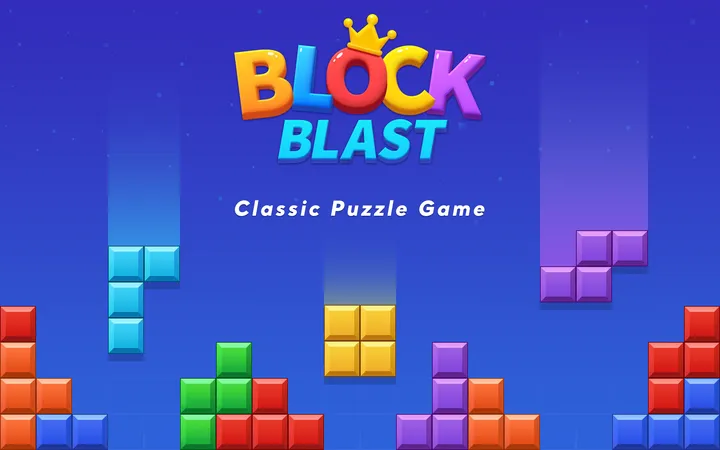
2. Learning the Rules Beneath Chaos
As players advance, they begin to recognize patterns. Despite randomness, certain strategies emerge: saving space in corners, clearing lines early, and prioritizing flexible placements.
H4: Skill vs. luck at this stage
- Skill: players who adapt thrive.
- Luck: an unlucky sequence can still end a run.
Here lies the first tension — players sense both control and helplessness.
3. The First Loss: When Randomness Bites
The charm of randomness quickly fades when a game ends due to an impossible set of blocks. Unlike chess or Sudoku, failure in Block Blast often feels external, as though the system betrayed the player.
Common frustrations voiced by players
- “I had no moves left, and it wasn’t my fault.”
- “The game gave me three giant blocks in a row.”
- “I planned carefully, but luck ruined everything.”
This first unfair loss changes perception: randomness becomes both the game’s spark and its curse.
4. The Psychology of Control
Humans crave agency. Games thrive when players feel responsible for outcomes. But Block Blast constantly blurs the line between control and chaos.
H3: Why loss feels personal
- Perceived responsibility: players blame themselves, even when it’s luck.
- Illusion of control: clever moves may delay, but not prevent, an unlucky draw.
- Cognitive dissonance: players want to believe strategy matters more than luck.
This tension keeps players hooked — trying to “beat randomness” even when impossible.
5. Strategy Under Uncertainty
Despite its chaos, Block Blast rewards certain strategies. Expert players know how to adapt space management and anticipate block shapes.
H4: Common advanced strategies
- Leave open 3x3 zones for big blocks.
- Clear rows early instead of chasing combos.
- Think ahead: keep flexible shapes in mind.
Yet even perfect strategy cannot overcome every sequence. This is the heart of the dilemma: skill matters, but only up to a point.
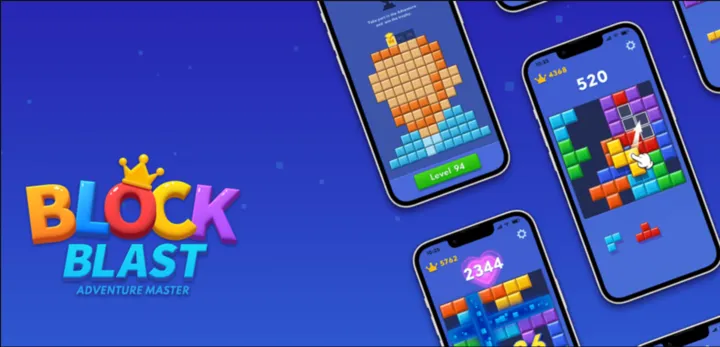
6. Casual vs. Competitive Mindsets
Different players react to randomness differently. Casual players may embrace the unpredictability, enjoying the quick fun. Competitive players, however, demand fairness and control.
H3: Two perspectives
- Casuals: randomness adds charm and surprise.
- Competitives: randomness erases true mastery.
This divide explains why some players adore Block Blast endlessly, while others abandon it in frustration.
7. The Role of Monetization
Many puzzle games monetize through boosts, undos, or extra moves. In Block Blast, randomness indirectly fuels monetization. Players frustrated by unlucky drops may spend money to continue runs or erase mistakes.
H4: Monetization cycle
- Randomness causes failure.
- Frustrated players seek solutions.
- Paid tools offer relief.
- Randomness repeats, encouraging spending.
Here, randomness transforms from game mechanic into business model.
8. Comparisons to Other Puzzle Games
Block Blast is not alone in its reliance on randomness. Tetris pioneered unpredictable drops, while Candy Crush thrives on chaotic matches.
Key difference
- Tetris: skill can overcome randomness through speed and foresight.
- Candy Crush: luck is softened with power-ups.
- Block Blast: limited space means randomness feels harsher.
This makes Block Blast uniquely punishing — less forgiving than its predecessors.
9. Community Reactions
Across forums and reviews, Block Blast players consistently debate the randomness issue. Some praise it as addictive and challenging. Others criticize it as unfair and rigged.
Common community complaints
- “It feels like the game decides when you lose.”
- “Too many giant blocks ruin everything.”
- “Without power-ups, it’s luck, not skill.”
Developers face a tough balance: tweak randomness too much, and replayability suffers; leave it untouched, and frustration builds.
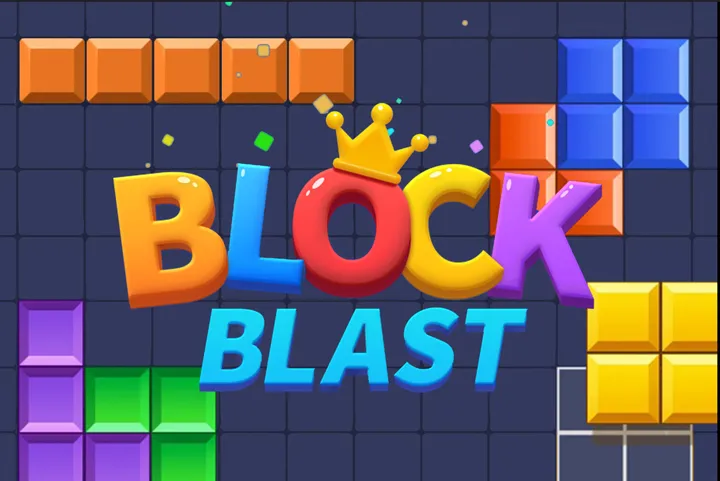
10. Can Randomness Be Redesigned?
The final question: is randomness in Block Blast a flaw, or its defining feature? The answer may be both.
Potential design solutions
- Weighted randomness: avoid impossible sequences.
- Adaptive drops: help struggling players with better pieces.
- Skill modifiers: allow special moves that mitigate bad luck.
If randomness becomes less punishing and more creative, the game could satisfy both casual and competitive audiences.
Conclusion
Block Blast thrives on its unpredictable block drops, a design choice that makes it endlessly replayable yet endlessly frustrating. Randomness fuels both joy and anger, creating a tension between strategy and luck. While some embrace the chaos, others see it as unfair.
This randomness dilemma reflects a larger truth about puzzle design: balance is everything. Too much order, and a game grows stale. Too much chaos, and it feels unfair. Block Blast sits at this intersection, where fun and frustration collide.
The future of the game may depend on whether developers embrace randomness as chaos — or refine it into opportunity.








